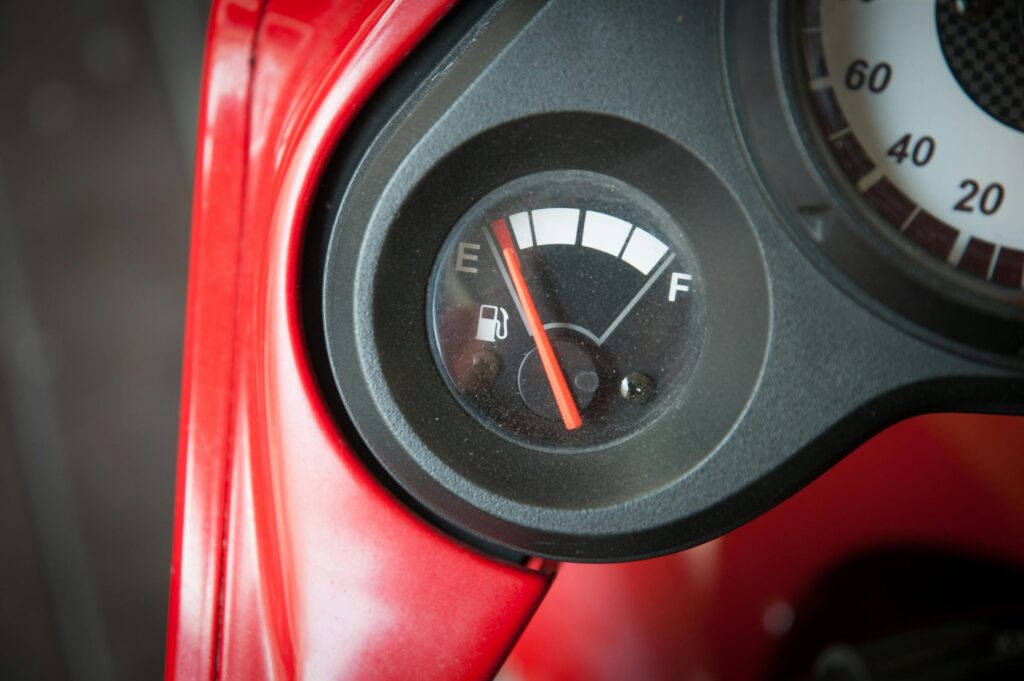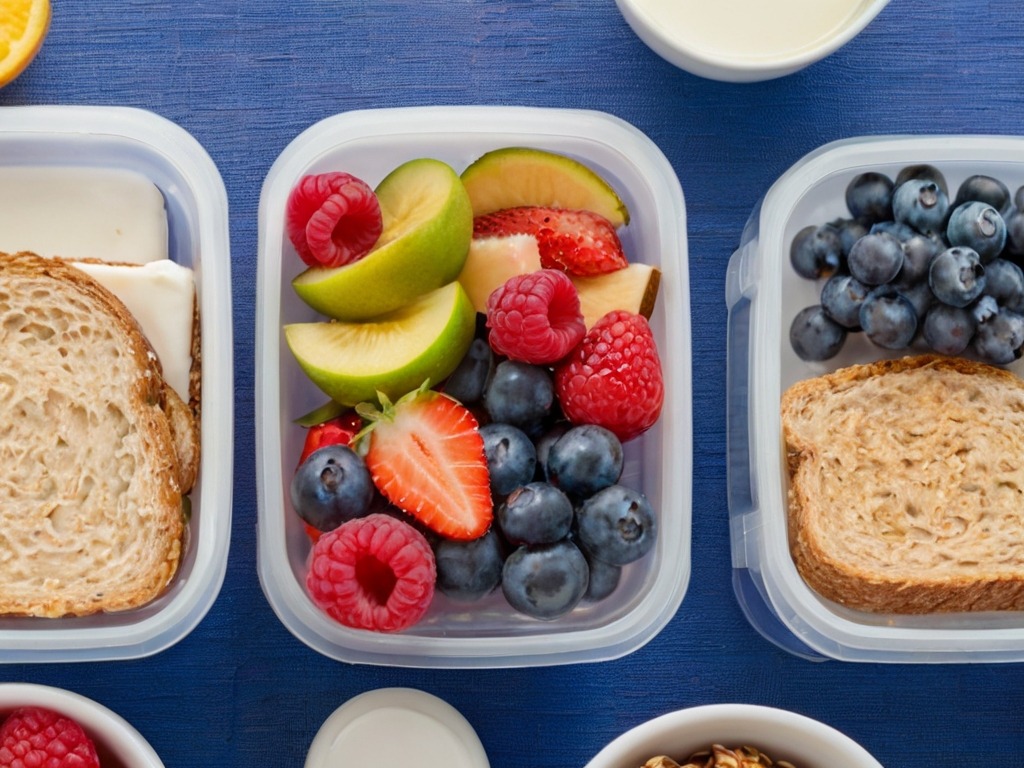5 Eating and Exercise Tips for Peak Performance
Whether you’re training for a marathon, trying to stay fit, or just want more energy in your daily life—your diet, with exercise tips play a huge role in how well you perform.
The good news? You don’t need extreme diets or overtraining to feel strong and energized. You just need the right strategies—ones that are sustainable, balanced, and rooted in real science.

In this article, we’ll share 5 simple but powerful Eating and Exercise Tips that can help you perform at your best—whether you’re at the gym, at work, or simply living your life to the fullest.
Tip #1: Start Your Day With a Balanced Meal
You’ve heard it before—“breakfast is the most important meal of the day”—but it’s not just an old saying. What you eat in the morning sets the tone for your energy, focus, and metabolism for the rest of the day.
A balanced breakfast includes:
- Protein (eggs, Greek yogurt, nut butter)
- Complex carbs (whole grain toast, oats, fruit)
- Healthy fats (nuts, seeds, avocado)
Eating in the morning fuels your body and helps prevent mid-morning crashes or cravings.
Smart Tip: If you exercise in the morning, grab a light snack like a banana or a protein smoothie 30–60 minutes before your workout.

Tip #2: Stay Hydrated—Before, During, and After Exercise
Hydration is often overlooked when it comes to performance. Even mild dehydration (just 2% loss in body water) can reduce your strength, speed, and focus.
Simple hydration rules:
- Drink at least 8–10 glasses of water a day (more if you’re active or sweating a lot)
- Sip water every 15–20 minutes during exercise
- Rehydrate with water or electrolyte-rich drinks (like coconut water) after intense workouts
Avoid sugary energy drinks unless you’re doing prolonged, high-intensity endurance workouts.

Tip #3: Fuel Your Body With Real Food, Not Fads
Performance isn’t about being skinny—it’s about having enough fuel to move, think, and recover.
Avoid trendy crash diets or low-calorie cleanses that leave you tired and weak. Instead, focus on real, whole foods.
What to include daily:
- Lean protein: eggs, tofu, chicken, fish, lentils
- Healthy carbs: quinoa, sweet potato, whole wheat pasta, oats
- Fruits and vegetables: rich in antioxidants and vitamins
- Healthy fats: nuts, seeds, olive oil, avocados
Smart Tip: Eat a light protein + carb meal within 30–60 minutes post-exercise to help muscles recover and grow.
Tip #4: Mix Up Your Workouts (Don’t Just Do One Thing)
To perform at your best, your body needs variety. Just doing one type of workout can lead to burnout or injury.

Mix it up like this:
- Cardio (3–4x/week): walking, jogging, swimming, dancing
- Strength (2–3x/week): weights, resistance bands, bodyweight training
- Flexibility (2x/week): yoga, stretching, foam rolling
- Rest Days (1–2x/week): Active recovery like walking or light movement
This well-rounded routine builds endurance, strength, and agility—without overworking your body.
Your 9 Point Guide to a Budget-Friendly Grocery List
Tip #5: Prioritize Sleep and Recovery
Most people underestimate how important rest is for performance. Your body heals, rebuilds, and restores itself while you sleep.

Ideal sleep goals:
- Get 7–9 hours of sleep every night
- Keep a consistent sleep-wake schedule (even on weekends)
- Avoid caffeine or heavy meals 2–3 hours before bedtime
Lack of sleep can affect your focus, recovery, appetite hormones, and even immune function.
Smart Tip: Use sleep tracking apps to monitor your rest quality if you’re training regularly.
Frequently Asked Questions (FAQs)
1. What should I eat before a workout?
Eat a light meal or snack that combines carbs and a little protein about 30–60 minutes before your workout. Example: A banana with peanut butter or a boiled egg with toast.
2. Do I need protein shakes to build muscle?
Not always. You can get enough protein from real food (chicken, eggs, lentils, tofu, dairy). But shakes can be convenient if you’re short on time or post-workout.
3. How much water should I drink while exercising?
A general rule is to drink 250–500 ml (1–2 cups) of water every 30 minutes of exercise. Increase if you’re sweating heavily or training in hot conditions.
4. Can I train every day?
Yes, but vary the intensity and type. For example, alternate between strength, cardio, and flexibility work—and always schedule rest or light recovery days.
5. Do cheat meals ruin progress?
No. One meal won’t undo weeks of good habits. Enjoy occasional treats guilt-free—but keep most meals focused on whole, balanced nutrition.
Final Thoughts: Train Smart, Eat Right, Perform Better
Peak performance isn’t just for athletes—it’s for anyone who wants to feel strong, energized, and mentally sharp. You don’t need extreme diets or intense workouts. You need balance, consistency, and a bit of self-care.
Focus on:
- Eating whole foods
- Moving your body regularly
- Resting well
- Hydrating daily
- Staying consistent
Your best performance begins with how you treat your body every day—not just at the gym or on the scale.
